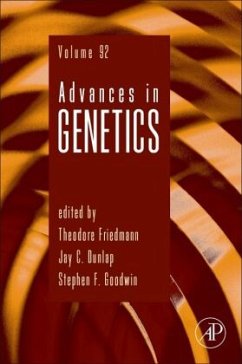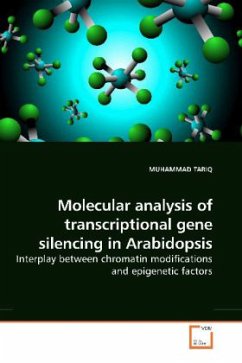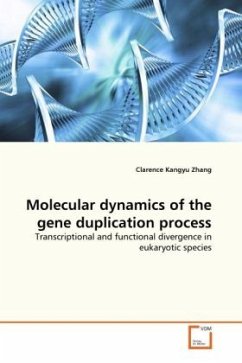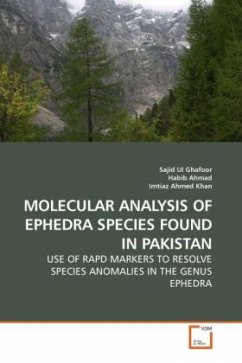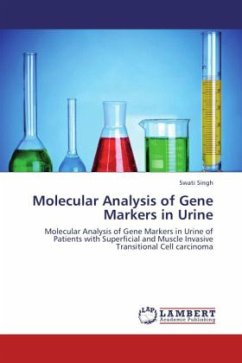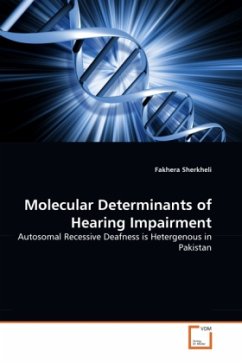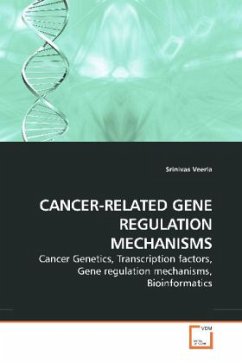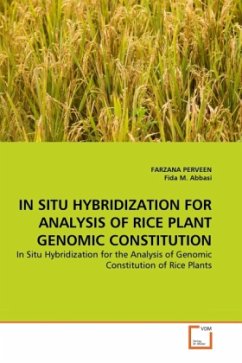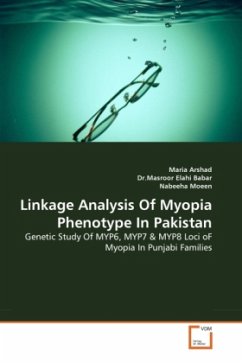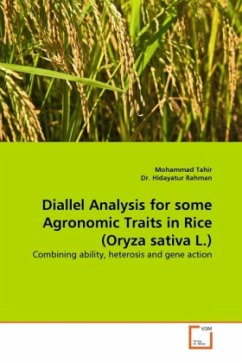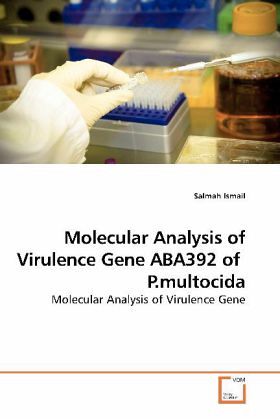
Molecular Analysis of Virulence Gene ABA392 of P.multocida
Molecular Analysis of Virulence Gene
Versandkostenfrei!
Versandfertig in 6-10 Tagen
32,99 €
inkl. MwSt.

PAYBACK Punkte
16 °P sammeln!
P.multocida serotype B is a worldwide potential pathogen causing haemorrhagic septicaemia (HS)cattle and buffalo. The pathogenesis of it is poorly understood. Thus, there is a need to identify the potential pathogenic properties of P. multocida.There is still no system that will definitively classify HS isolates. The whole idea of this study was to use the constructed recombinant clone to characterise the HS isolates via its unique sequences capability. The initial success in cloning, expression, hybridisation and sequencing of the virulence gene of recombinant clone ABA392 from P. multocida s...
P.multocida serotype B is a worldwide potential pathogen causing haemorrhagic septicaemia (HS)cattle and buffalo. The pathogenesis of it is poorly understood. Thus, there is a need to identify the potential pathogenic properties of P. multocida.There is still no system that will definitively classify HS isolates. The whole idea of this study was to use the constructed recombinant clone to characterise the HS isolates via its unique sequences capability. The initial success in cloning, expression, hybridisation and sequencing of the virulence gene of recombinant clone ABA392 from P. multocida serotype B lend further support to the hypothesis postulated by Carter and Chengappa (1980) for the elucidation of the possible role of hyaluronidase enzyme as a virulence factor related to pathogenesis of haemorrhagic septicaemia. The fragment size of ABA392 was determined to be 921 nt and no homology found in the Genbank database. Much work remains for detailed studies of this novel gene. Various experts like biochemist, immunologist, clinician, veterinarian and farmers need to combine effort to achieve target in combating this disease.



